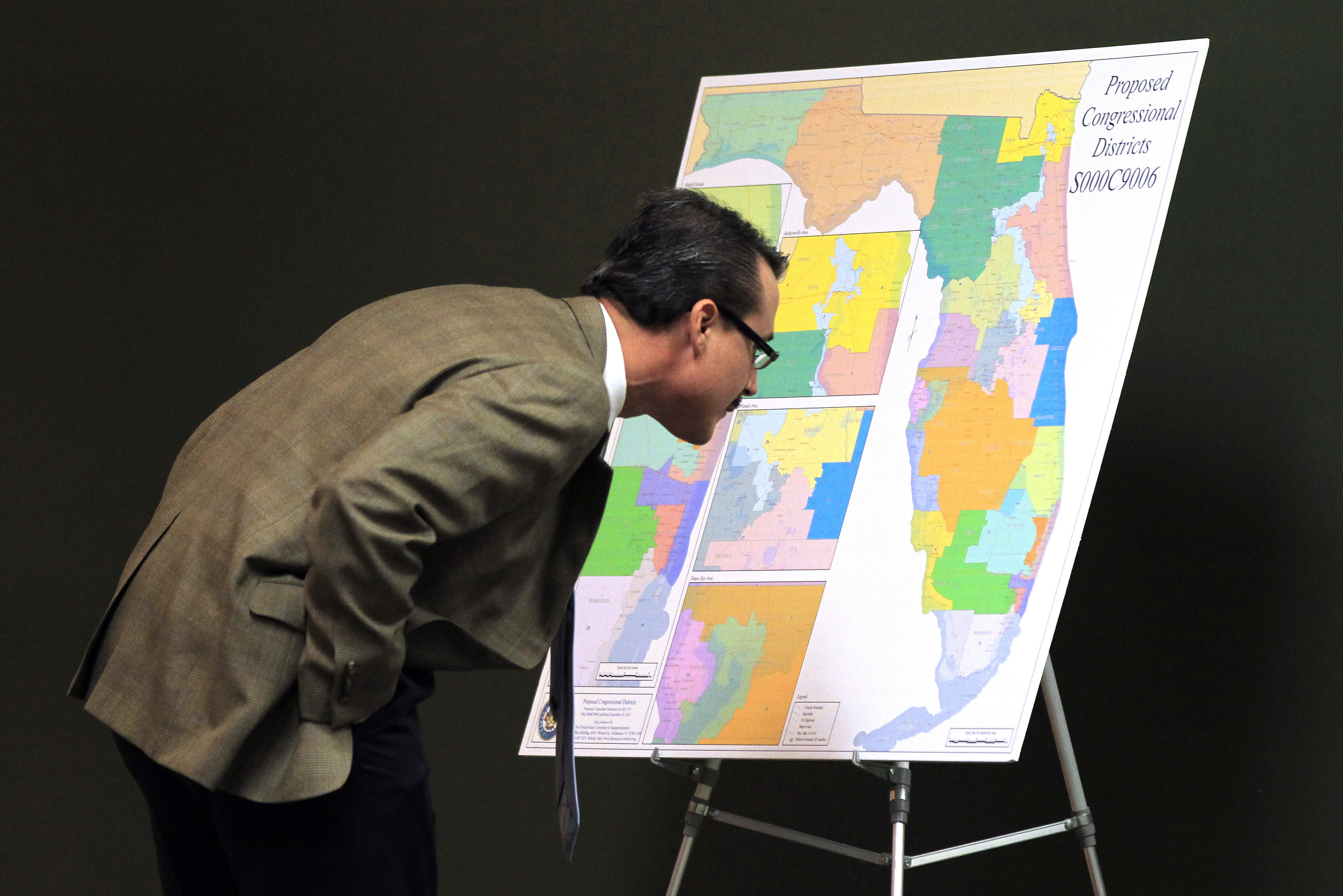Each year, as part of Capstone—the culminating class in Wagner’s curriculum—in lieu of a client-based capstone, NYU Wagner students can select to take Advanced Research Projects in Quantitative Analysis, where working with a faculty member, they form teams and spend an academic year conducting research on a pressing social question. As part of this experience, students develop a research question, conduct a literature review, develop hypotheses, find relevant datasets, run analyses and write up findings.Â
This year, 17 students formed four teams to conduct research on a range of topics, including health care utilization for people with a mental illness, how upzoning can affect the composition of a neighborhood, how changes to the minimum wage affect the underbanked, and how partisan competitiveness can influence voter participation.
Read the original research articles below:




